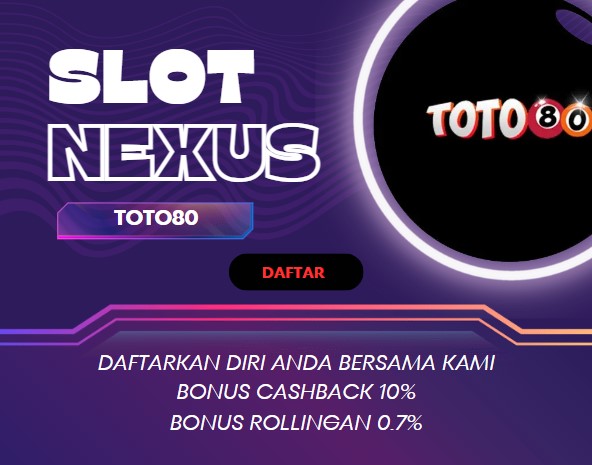Posted inOnline Games
Togel Macau
Togel Macau telah menjadi salah satu permainan judi yang populer di kalangan masyarakat Indonesia. Dengan perkembangan teknologi yang pesat, kini para pecinta togel dapat dengan mudah mengakses berbagai situs judi…



